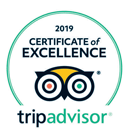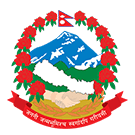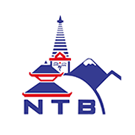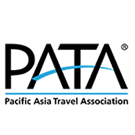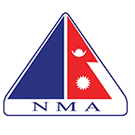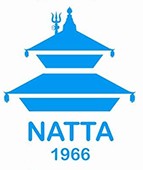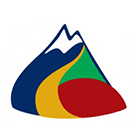The Mardi Himal Trek is considered moderate; it doesn’t require technical skills but includes steep ascents, descents, and rocky terrain. Expect to hike for 5-6 hours each day. The trek reaches an altitude of 4,200 meters, with a low risk of altitude sickness if you stay hydrated and take necessary precautions.
Archives: FAQ
Is internet and mobile network access available during the Mardi Himal Trek?
NTC and Ncell offer coverage along the trek, though the signal may be intermittent, particularly at higher elevations. Wi-Fi is available at Australian Camp, Dhampus, Pothana, and Pitam Deurali. There is no Wi-Fi or reliable signal at Forest Camp, and connectivity becomes intermittent and slow from Badal Danda onwards.
Is there Electricity in Mardi Himal area?
What kind of accommodation and food is available throughout the Mardi Himal Trek?
Accommodation
Nepal Sanctuary Treks handpicked eco-friendly, locally operated tea houses that are basic but adequate. Rooms include mattresses, pillows, blankets, and sheets; bring a sleeping bag in peak season. Bathrooms are shared with squat or western-style toilets. Cold water is free; hot showers cost extra. Higher altitudes may have more basic facilities with limited water and no toilet paper.
Meals
The tea houses serve a variety of dishes, including Nepali, Tibetan, and Western cuisine. Breakfast and dinner are provided at the lodge, while lunch is served at trailside eateries. To avoid stomach issues, it’s best to refrain from eating meat and to use hand sanitizer regularly. Extra items beyond the set menu will cost more. Please notify us in advance of any dietary needs for appropriate accommodations.
Are there ATM facilities in Mustang?
Does the Upper Mustang Trek have internet connectivity?
Do teahouse lodges on the Upper Mustang Trek have electricity?
In the Upper Mustang, electricity is available up to Chale and beyond Tsarang. While places like Samar, Ghiling, Syangboche, and Ghimi have electricity, it may not always be reliable. Backup solar systems are used to meet trekkers’ electricity needs. It is best to bring a power bank to charge your devices.
What is the temperature like in Upper Mustang?
Temperature in the Upper Mustang varies by season:
| Month | Day Temperature | Night Temperature |
| March-May | 14°C – 20 °C | -7 – -1 °C |
| June-August | 20°C – 30 °C | -2°C -0 °C |
| September-November | 12 °C – 20 °C | -7°C – -2 °C |
| December-February | 0 °C-5 °C | -20 –25 °C |
Are there Wi-Fi and mobile network facilities available during the Upper Mustang Trek?
Can I visit other restricted areas in Nepal with the same permit?
The permit for Upper Mustang is specific to that region and does not grant access to other restricted areas. Separate permits are required for places like Dolpo or Manaslu.
Can I get access to ATMs or exchange money in Upper Mustang?
How do I get to Jomsom from Kathmandu or Pokhara?
You can reach Jomsom quickly and conveniently by taking a domestic flight from Tribhuvan International Airport to Pokhara Airport, and then connecting to Jomsom Airport. Alternatively, you can take a scenic road trip by bus or jeep.
Is it possible to do the Upper Mustang Trek solo?
Solo trekking is restricted in Upper Mustang, and trekkers must be part of a group of at least two individuals to obtain a trekking permit. Nepal Sanctuary Treks is here to handle all your permit arrangements for a hassle-free trekking experience. For more information email us at info@nepalsanctuarytreks.com
Can I combine the Upper Mustang Trek with other treks in the Annapurna region?
Yes, you can combine the Upper Mustang Trek with other treks in the Annapurna region, such as the Annapurna Circuit or Annapurna Base Camp. This allows you to extend your adventure, experience diverse landscapes, and explore the rich cultural and natural beauty of the region. Combining these treks offers a more comprehensive experience of the Himalayas. Nepal Sanctuary Treks curate the trekking experiences based on your preferences, time-frame and physical fitness.
Are there any restrictions or guidelines for photography in the Upper Mustang?
In the Upper Mustang, always seek permission and respect local customs before taking photos at religious sites and cultural ceremonies to ensure a respectful and enjoyable experience. Learn more on Responsible Travel


